Explore the labyrinthine depths of storytelling with our captivating selection of metafictional masterpieces, where stories within stories beckon you into a world of narrative intrigue. Delve into a literary landscape where the boundaries of reality blur and the very act of storytelling takes center stage. From nested narratives to playful meta-commentary, we invite you to unravel the layers of narrative complexity and ponder the nature of fiction itself.
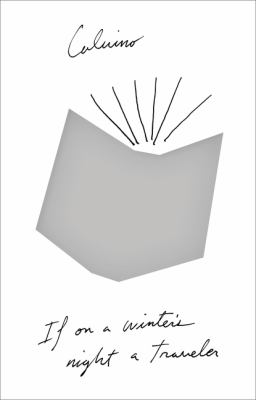
If on a Winter’s Night a Traveler by Italo Calvino
If on a winters night a traveler turns out to be not one novel but ten, each with a different plot, style, ambience, and author and each interrupted at a moment of suspense. Together they form a labyrinth of literatures, known and unknown, alive and extinct, through which two readers, a male and a female, pursue the story lines that intrigue them – and one another.
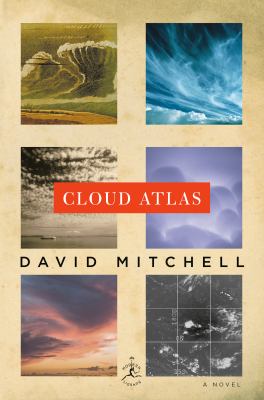
Cloud Atlas by David Mitchell
Cloud Atlas follows a mesmerizing journey spanning centuries and continents, beginning with an American voyager in 1850 and traversing through Belgium, the West Coast in the 1970s, a near-future Korean superstate, and a postapocalyptic Hawaii. Each tale intricately weaves into the next, revealing interconnected fates and souls drifting across time. Mitchell’s narrative, akin to a videogame’s wild adventure and a Zen koan’s mystery, transcends cult classic status to captivate readers worldwide.
Cloud Atlas by David Mitchell Book
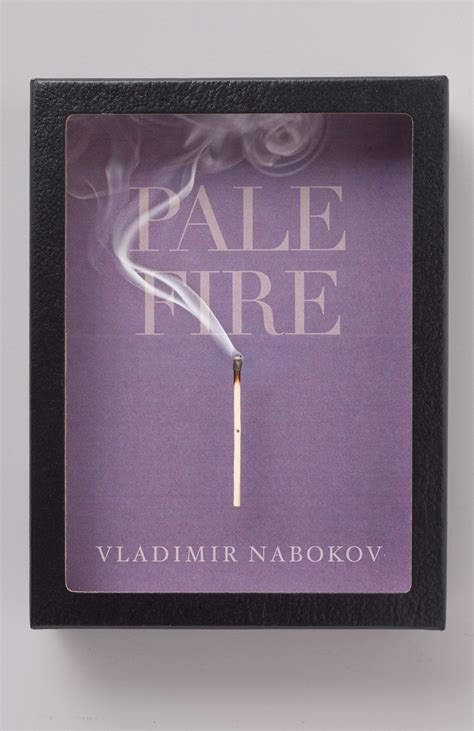
Pale Fire by Vladimir Nabakov
An ingeniously constructed parody of detective fiction and learned commentary, Pale Fire offers a cornucopia of deceptive pleasures, at the center of which is a 999-line poem written by the literary genius John Shade just before his death. Surrounding the poem is a foreword and commentary by the demented scholar Charles Kinbote, who interweaves adoring literary analysis with the fantastical tale of an assassin from the land of Zembla in pursuit of a deposed king. Brilliantly constructed and wildly inventive, Vladimir Nabokov’s witty novel achieves that rarest of things in literature—perfect tragicomic balance.
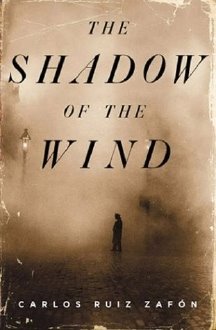
The Shadow of the Wind by Carlos Ruiz Zafon
Barcelona, 1945: A city slowly heals in the aftermath of the Spanish Civil War, and Daniel, an antiquarian book dealer’s son who mourns the loss of his mother, finds solace in a mysterious book entitled The Shadow of the Wind, by one Julián Carax. But when he sets out to find the author’s other works, he makes a shocking discovery: someone has been systematically destroying every copy of every book Carax has written. In fact, Daniel may have the last of Carax’s books in existence. Soon Daniel’s seemingly innocent quest opens a door into one of Barcelona’s darkest secrets—an epic story of murder, madness, and doomed love.
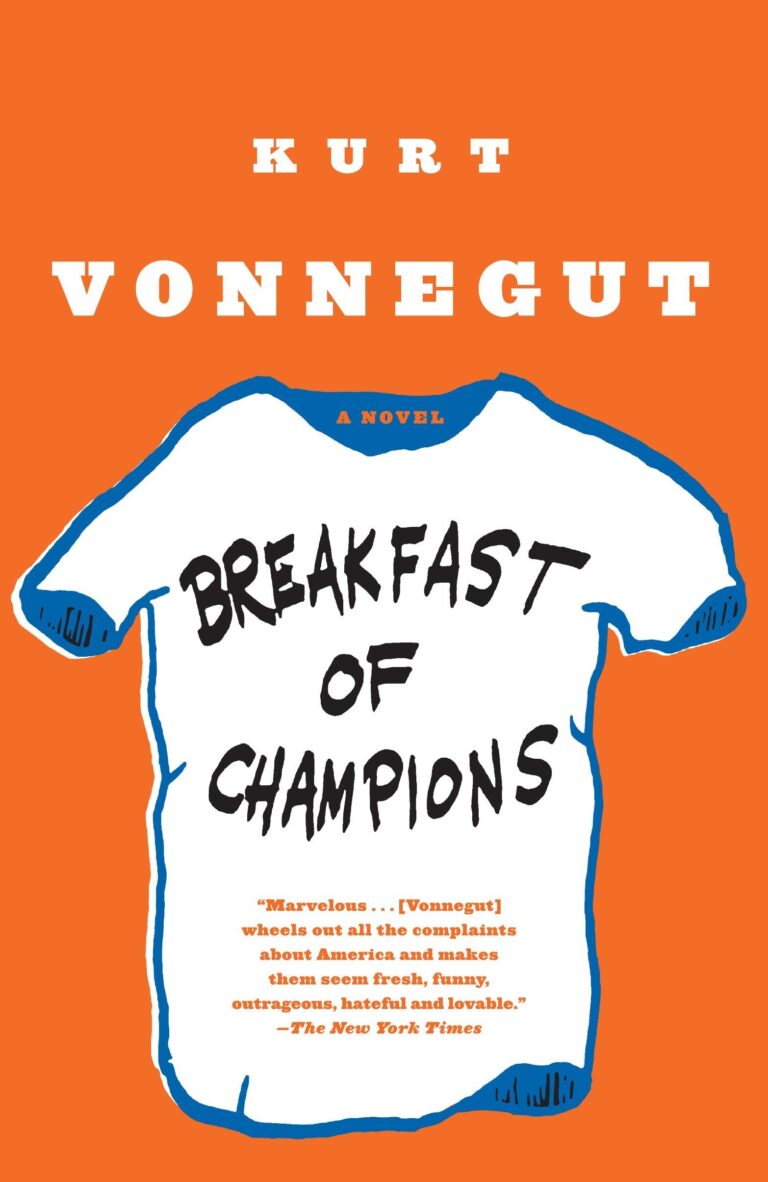
Breakfast of Champions by Kurt Vonnegut
In Kurt Vonnegut’s novel, Kilgore Trout, modeled after Theodore Sturgeon, roams between science fiction conventions, crossing paths with Dwayne Hoover, a typical Vonnegut character. Their encounter sets off a chain reaction involving various characters from Vonnegut’s repertoire, exploring the intersections of reality through Trout’s perspective, which oscillates between sanity and visionary insight, depending on Hoover’s perception.
Breakfast of Champions by Kurt Vonnegut Book
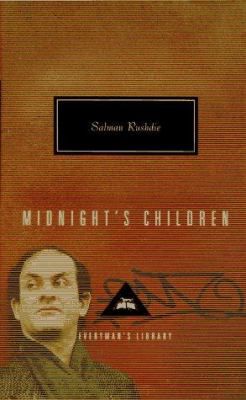
Midnight’s Children by Salman Rushdie
Saleem Sinai, born at the stroke of midnight on India’s independence day in 1947, navigates the twists of his country’s destiny in Salman Rushdie’s Midnight’s Children. Rushdie’s tale blends fantasy, political satire, and individual reflection, heralding the return of epic storytelling. Winner of the Booker Prize in 1981 and later named ‘The Best of the Booker,’ Midnight’s Children continues to resonate with its exploration of displacement, time, and cultural identity.

Possession by A.S. Byatt
Following two young scholars as they delve into the lives of Victorian poets, Possession uncovers a tapestry of passion and ideas through letters, journals, and poems. Set against a backdrop spanning London to Brittany, it weaves an exhilarating tale of wit, romance, and intellectual mystery, earning accolades such as the Booker Prize and national bestseller status.
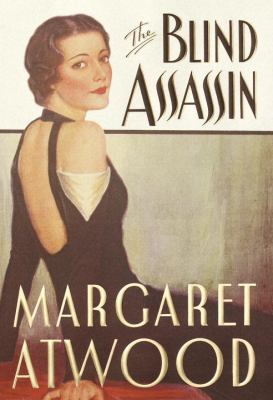
The Blind Assassin by Margaret Atwood
Atwood’s narrative begins with a poignant revelation from Iris about her sister’s tragic death, leading into a novel-within-a-novel titled The Blind Assassin, where two unnamed lovers share a science fiction tale. As the story progresses, the threads of Iris’s life and the inner novel intertwine, revealing a complex tapestry of secrets and surprises. With captivating prose capturing the essence of the 1930s and 1940s, The Blind Assassin delivers a deeply layered and rewarding exploration of love, loss, and deception.
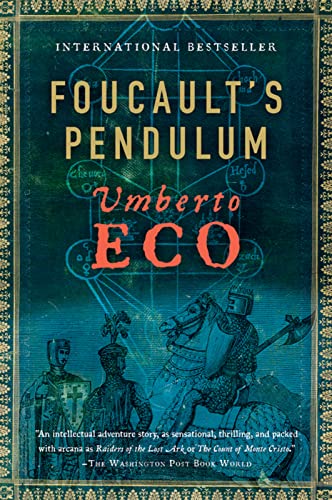
Foucault’s Pendulum by Umberto Eco
Bored with their work, three Milanese editors cook up “the Plan,” a hoax that connects the medieval Knights Templar with other occult groups from ancient to modern times. This produces a map indicating the geographical point from which all the powers of the earth can be controlled — a point located in Paris, France, at Foucault’s Pendulum. But in a fateful turn the joke becomes all too real, and when occult groups, including Satanists, get wind of the Plan, they go so far as to kill one of the editors in their quest to gain control of the earth.
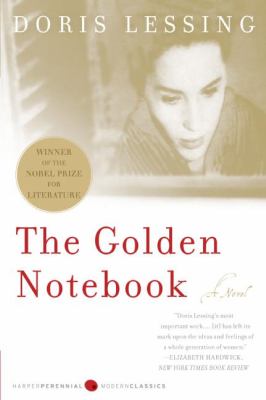
The Golden Notebook by Doris Lessing
Anna is a writer, author of one very successful novel, who now keeps four notebooks. In one, with a black cover, she reviews the African experience of her earlier years. In a red one she records her political life, her disillusionment with communism. In a yellow one she writes a novel in which the heroine relives part of her own experience. And in a blue one she keeps a personal diary. Finally, in love with an American writer and threatened with insanity, Anna resolves to bring the threads of all four books together in a golden notebook.

